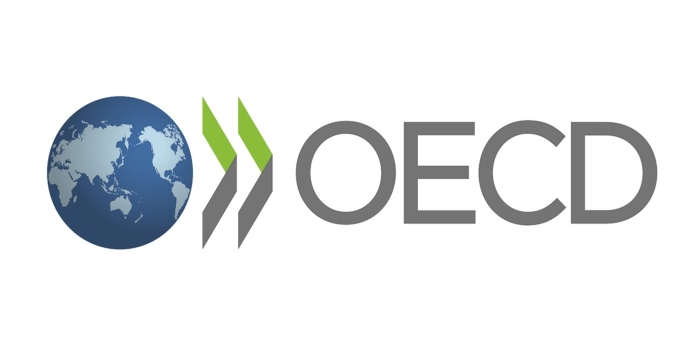OECD Presents Crypto Tax Reporting Framework

The Organisation for Economic Co-operation and Development (OECD), an intergovernmental organization that seeks to stimulate economic progress, has published a global framework for crypto tax reporting.
According to a press release, the framework, dubbed the Crypto-Asset Reporting Framework (CARF), was approved in August and ensures “the collection and automatic exchange of information on transactions for relevant crypto.”
The scope of the record also includes crypto exchanges, brokers, ATM operators, and other intermediaries and service providers facilitating exchanges between relevant crypto assets.
“The current scope of assets, as well as the scope of obliged entities, covered by the Common Reporting Standard (current standards) do not provide tax administrations with adequate visibility on when taxpayers engage in tax-relevant transactions in, or hold, relevant crypto assets,” the report said.
The CARF was reportedly developed per the request by G20 countries, which asked the OECD to create a framework for the automatic exchange of information between countries on crypto-assets.
The framework will be presented to G20 Finance Ministers and Central Bank Governors for discussion at their next meeting on October 12 or 13 in Washington DC, as part of the latest OECD Secretary-General’s Tax Report.
The OECD said they proceeded to develop the CARF framework because of crypto’s exponential growth over the past couple of years. In fact, the market capitalization of the entire crypto market surged from early 2021’s $715 billion to around $3 trillion this year before the recent market crash.
Furthermore, the intergovernmental organization claimed the framework is in line with the Financial Action Task Force (FATF)’s recent developments in global anti-money laundering standards.
“Today’s presentation of the new crypto-asset reporting framework and amendments to the Common Reporting Standard will ensure that the tax transparency architecture remains up-to-date and effective,” OECD Secretary-General Mathias Cormann said.
European Parliament Committee Passes MiCA Crypto Framework
Members of the European Parliament Committee on Economic and Monetary Affairs (ECON) have approved the Markets in Crypto-Assets (MiCA), which allows providers of wallets and other crypto services to market themselves across the bloc.
On Monday, the lawmakers voted 28 to 1 in favor of the new crypto laws. ECON member Stefan Berger confirmed the legislation has been passed in a tweet.
“One step further… The result of the trilogue negotiation on MiCA was accepted by the ECON committee. good news,” Berger said.
The MiCA bill also asks stablecoin companies to meet capital requirements. As part of the bill, stablecoin issuers will be restricted on how many tokens they can issue if they are not denominated in euros or other currencies used by E.U. member states.




